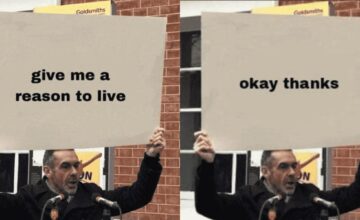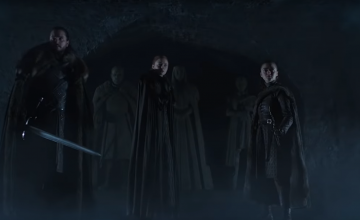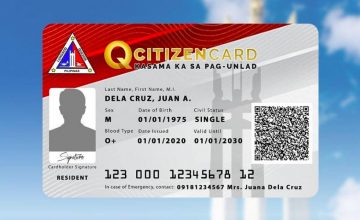Young people, what do we do when everything seems to be falling apart? Unfortunately, going off on our socials, sharing memes, and calling it a day don’t end injustices. What we can also do is get our message across and put some action behind our words. Most of the time, it’s hard to do those things, especially when we’re not sure if someone is listening. But this year, we have the chance for concrete change through the elections.
Read more: Your vote matters: Local elections that needed one vote to win
After the heated televised debates and a lot of ridiculous (also possibly illegal) campaign schemes, we’ll finally get to say who will be our next lawmakers, to save us from our own dystopian future. The drama of the election season ends this Monday. It’s a no-brainer that the pressure is on, especially on first-time voters, popping their voting cherry for our country.
There are a lot of files to consider and names to remember when it comes to voting. At some point, it can get overwhelming. So to make sure that we cast our votes without so much hassle, here are some friendly reminders.
Go “FAQ” yourself
A checklist will be a common theme in this starter pack. For first time voters, there are a lot of things to keep in mind before we can choose our next leaders and lawmakers.
Here are some things to keep in mind: be at least 18 years old or above, be registered at the COMELEC last year, verify your precinct number and voting status, have a cheat sheet of who you’ll vote for, and bring the acknowledgment receipt as proof that you are a registered voter. We’re not required to have the physical copy of our voter’s ID to vote.
Oh yeah, also don’t expect to have your voter’s ID right away. It takes a lot of time to get processed. Don’t worry, this won’t be the first time a government institution will disappoint you.
Read more: The Line In The Sand
Make smart choices
Voting is a way to prove that our bark has bite. Through this, we show support to the people who care about what we care about. Ignorance should not have a place here. That’s why it’s important to do rigorous research.
The PPRCV created a checklist on how we can make an informed decision during voting season. They divided the list into three categories: character, ability, and integrity. What are the issues that matter to you? Who are the candidates that can stand up for your beliefs? Is the candidate fighting important causes?
There’s also a test to help us pick senators based on the issues we strongly care about. With these guides, we can make sure our vote is going to the right person. We cannot be swayed by campaign materials and empty promises, right?
Read more: How to vote wisely, according to PETA’s ‘Charot’
Snitches (don’t) get stitches
Want to know who not to vote for? Remember the faces of the politicians trying to buy your free will. Cheating on the elections can be done before and during voting. That’s why it’s important to know our rights as voters and how it can be manipulated by others.
For starters, be aware that campaigning ends on May 11. Those loud, cheesy campaign jingles should be gone by then. Be informed on how vote buying works as well. Politicians can buy our vote through exchanges of cash, jobs, loans, and sometimes even our basic needs.
If we encounter vote buying and other issues, we can approach the PPCRV or any COMELEC official. Here is a handy list on the dos and don’ts during election season provided by the PPRCV.
Take care of your selfie
This is a friendly reminder that ballot selfies are not allowed. Well, to be clear, empty ballot selfies are fine. Don’t take selfies with the ballot filled up. In the first place, why is anyone eager to take a selfie while voting? We know content creation is life, but privacy is key during the elections.
There are so many ways to be proud of your vote: Take a photo of your finger, tweet and encourage your friends to vote, and do a long Facebook status on voting. But also take time to engage with political discourse in person. In pre-election events like Grrrl Gang’s Halalan Hugot, they provide a safe space for young people like us to discuss our choices and our concerns as citizens. We can talk about our beliefs and choices as long as we are aware of who we are sharing it with. Talk to your family and friends, too. It’s important that we practice intelligent political discussions. That’s one way of strengthening our beliefs and ideologies.
Art by Aaron Silao
























Comments